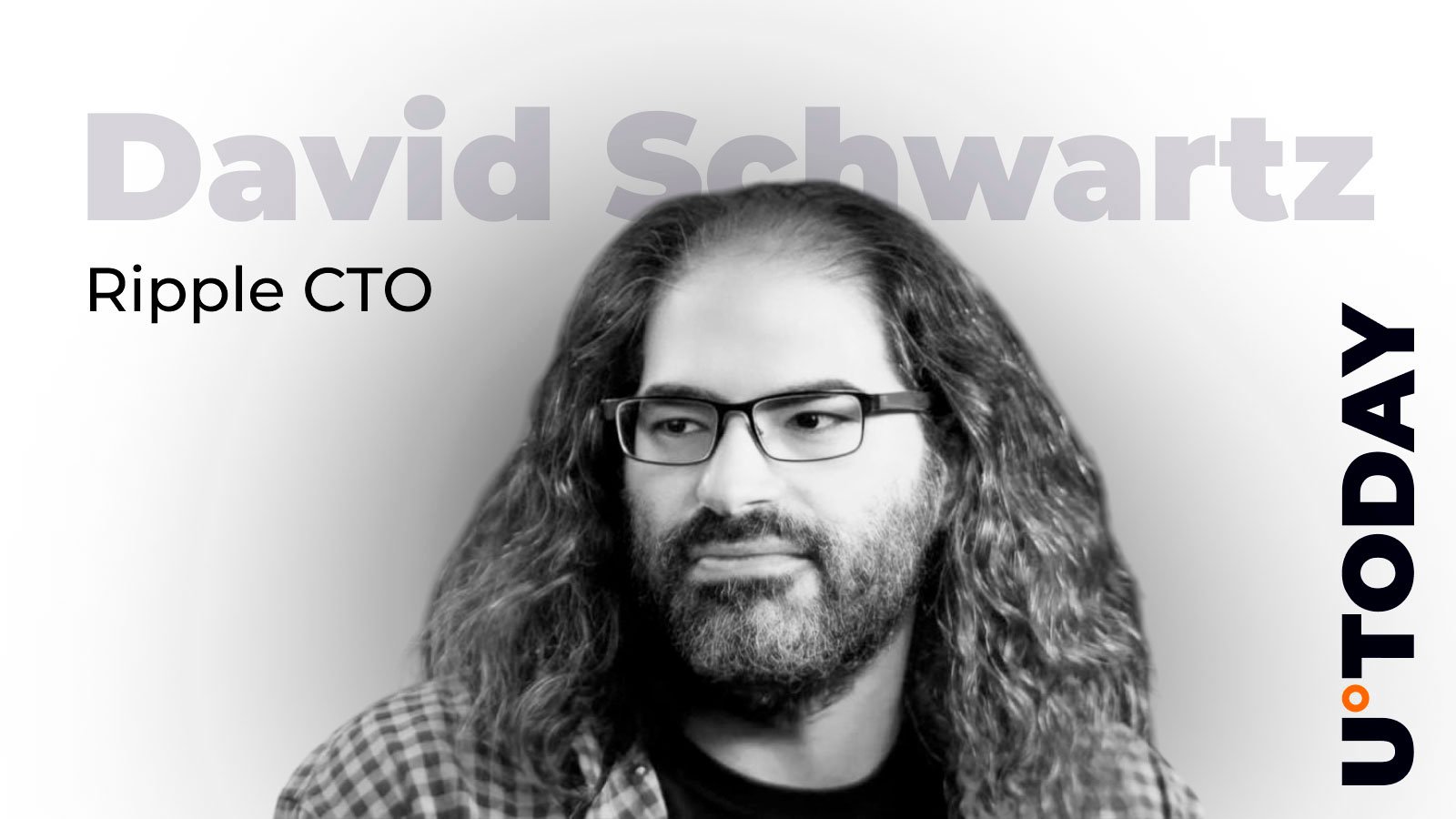**Ripple CTO David Schwartz Addresses Misconceptions About XRP Ledger’s Unique Node List (UNL)**
Ripple CTO David Schwartz recently clarified a common misunderstanding regarding the Unique Node List (UNL) of the XRP Ledger (XRPL). A UNL refers to a server’s list of trusted validators — essentially, which validation nodes a server trusts to help confirm transactions and maintain the network’s integrity.
The discussion was sparked by a tweet from an XRP user who shared their inability to change trusted validators within their public XRP-GUI wallet. The user was trying to utilize a UNL other than the one provided by Ripple and asked:
“99% of the population is reliant on the UNL that Ripple publishes, what is stopping them from manipulating the UNL?”
This concern caught the attention of David Schwartz, who responded by explaining the true role of the UNL within the XRPL network. He pointed out that the UNL primarily influences how the network makes forward progress during the consensus process. Wallets, in turn, observe this behavior, which explains why the user could not simply change their trusted validators.
Schwartz further addressed fears of potential manipulation by emphasizing that if nodes disagree with the validators listed on their UNL, the network will halt rather than produce inconsistent results. This design prevents malicious actors from manipulating the ledger’s state unnoticed.
Every XRP Ledger server comes natively configured with a UNL. This list dictates which validation votes the server receives and trusts during consensus, and which votes it disregards.
### Why Does the UNL Matter?
Each server operator has complete control over which validators make it onto their UNL. However, operating with completely different UNLs from other servers can lead to diverging conclusions about when ledgers and the transactions within them are validated. Such a situation could cause a network fork, where parties on opposite sides cannot agree and transact with one another.
To prevent these forks, XRPL servers are required to use UNLs that have a high degree of overlap with others. This overlap ensures consensus stability and network reliability.
To further simplify this, the XRP Ledger utilizes a system of recommended validator lists. These lists provide different yet reliable options for validators that maintain substantial commonality with others’ UNLs.
Currently, the default server configuration includes two recommended validator lists: one published by the XRP Ledger Foundation and another published by Ripple.
—
This approach balances decentralization and network safety, ensuring that the XRP Ledger remains secure, consistent, and resistant to manipulation.
https://u.today/ripple-cto-drops-major-xrp-unl-clarification-details
